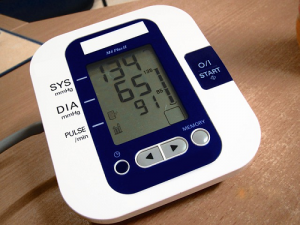
Meta-analyses and systematic reviews of randomized controlled clinical trials show a strong positive association of Coenzyme Q10 supplementation and improved survival, symptoms, and quality of life in heart failure patients. In this article, we begin our exploration of the benefits of Coenzyme Q10 supplementation for heart surgery patients.
The focus in the articles on q10facts.com has been on the safety, absorption, and health benefits of Coenzyme Q10 supplementation. In particular, I have wanted to see whether daily supplementation with Coenzyme Q10 improves the health and quality of life for patients with heart failure, hypertension, and diabetes. I have also been interested to see what effect Coenzyme Q10 supplementation has on athletes and people doing strenuous exercise.
What about Coenzyme Q10 and heart surgery?
Recently, Dr. William Judy of SIBR Research told me about me a study that he and Dr. Karl Folkers and Dr. Willis Stogsdill did with heart surgery patients (1). Their study was a well-designed study with randomized assignment of patients to a Coenzyme Q10 treatment group or to a placebo group and with double-blinding of the researchers and the patients.
Protective effects of Coenzyme Q10 during heart surgery
At the start of the study, all of the patients awaiting heart surgery had low blood Q10 concentrations, had low cardiac index, and had low left ventricular ejection fraction.
Explanation: The cardiac index gives cardiologists a ratio measure of heart performance expressed in terms of the cardiac output from left ventricle in one minute as it relates to body surface area. The left ventricular ejection fraction is a good general measure of the pumping ability of the heart.
Treatment of heart surgery patients with Coenzyme Q10
Drs. Judy, Folkers, and Stogsdill administered 100 mg of Coenzyme Q10 to the patients in the treatment group for 14 days prior to the heart surgery and for 30 days following the heart surgery. The patients in the control group got placebo capsules instead of Q10 capsules.
Result: The heart surgery patients in the Q10 treatment group showed significantly improved blood and heart tissue Q10 levels as well as significantly improved heart tissue ATP levels, as compared with the patients in the control group.
Health outcomes of Coenzyme Q10 supplementation for heart surgery patients
The study results showed the following benefits of Coenzyme Q10 supplementation prior to and following heart surgery:
- Improvement of cardiac index and left ventricular ejection fraction in the CoQ10 patients … but not in the control group patients
- Maintenance of blood and heart tissue Q10 concentrations and of heart tissue ATP concentrations at normal levels after cardiac cooling, rewarming, and reperfusion … but not in the control group patients
- Recovery shorter and less uncomplicated (3 – 5 days) than in patients in the control group
Explanation: Reperfusion is the returning of blood flow to the heart following the surgery. Reperfusion injury to heart tissue is thought to occur as a consequence of inflammation and oxidative damage done by the return of blood to heart tissue that previously has had a period of limited or ceased blood flow and lacked oxygen.
The presence of Coenzyme Q10 seems to limit the extent of the oxidative damage caused during reperfusion.
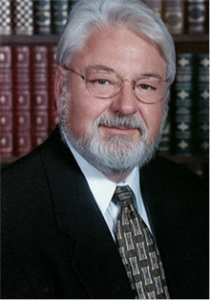
Dr. Judy, Dr. Folkers, and Dr. Stogsdill gave heart surgery patients 100 mg of CoQ10 daily for 14 days prior to the heart surgery and for 30 days following the heart surgery. Dr. Judy explains the statistically significant improvement in the CoQ10 treatment group by pointing to the role of CoQ10 in the cellular energy production process.
What happened in Dr. Judy’s control group?
In the study’s control group, the results were significantly different from the results in the CoQ10 treatment group:
- Continuing depressed levels of blood and heart tissue CoQ10
- Continuing depressed heart tissue ATP levels
- Continuing depressed cardiac functions following surgery
- Long (15-30 days) and complicated recovery period
Interpretation of the Coenzyme Q10 heart surgery study results
Dr. Judy and his colleagues came to the following conclusions:
- There exists a strong positive association between blood and heart tissue CoQ10 levels and heart tissue ATP, on the one hand, and cardiac function and post-surgery recovery time, on the other hand.
- There are therapeutic benefits of Coenzyme Q10 in preserving heart tissue and heart function during and after heart surgery.
Plausibility of Dr. Judy’s heart surgery study results
The results seen in the Dr. Judy heart surgery study do seem plausible.
We know the biological mechanisms by which the supplementation with Coenzyme Q10 confers therapeutic benefits. Coenzyme Q10 in its oxidized form, ubiquinone, is a required co-factor in the mitochondrial synthesis of ATP, and Coenzyme Q10, in its reduced form, ubiquinol, is a powerful antioxidant, preventing the formation of harmful free radical chains that cause oxidative damage.
Replication of the Coenzyme Q10 and heart surgery study
Moreover, the significant results shown in the Dr. Judy study have been replicated in subsequent studies of heart surgery patients treated with Coenzyme Q10. In future articles, I will present the data and results from some of these studies. For example, I will want to discuss the work of the Australian Coenzyme Q10 researcher, Dr. Franklin L. Rosenfeldt, one of the co-authors on the Q-Symbio clinical trial (2).
Source:
- Judy, WV, Folkers, KA, & Stogsdill, WW. (1993). Myocardial preservation by therapy with coenzyme Q10 during heart surgery. Clinical Investigator; 71(8 Suppl): S155-61.
- Mortensen, S. A., Rosenfeldt, F., Kumar, A., Dolliner, P., Filipiak, K. J., Pella, D., & … Littarru, G. P. (2014). The effect of coenzyme Q10 on morbidity and mortality in chronic heart failure: results from Q-SYMBIO: a randomized double-blind trial. JACC. Heart Failure, 2(6), 641-649.



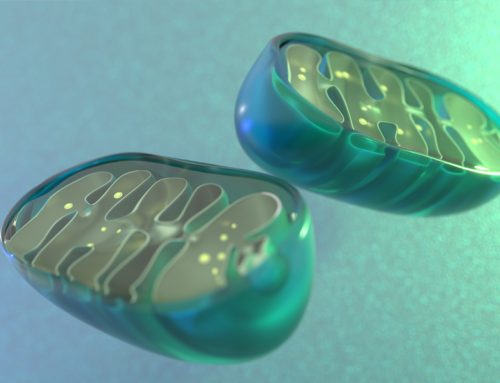
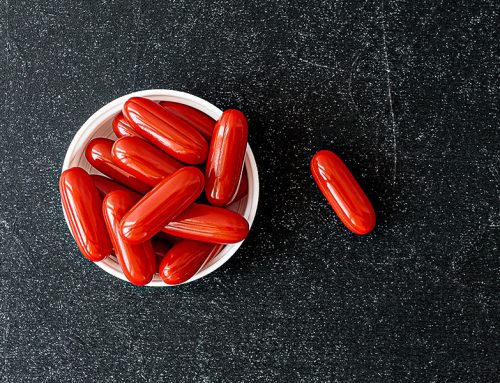


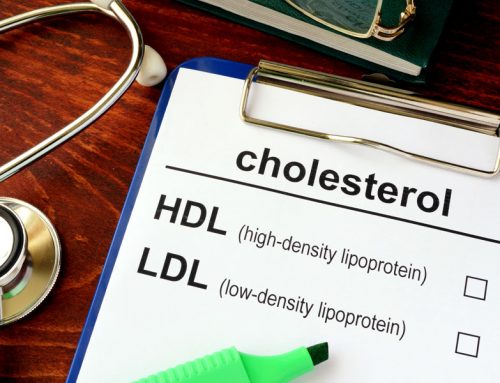
[…] concentrations of Coenzyme Q10 in the blood and in the heart following the period of reperfusion [Judy […]